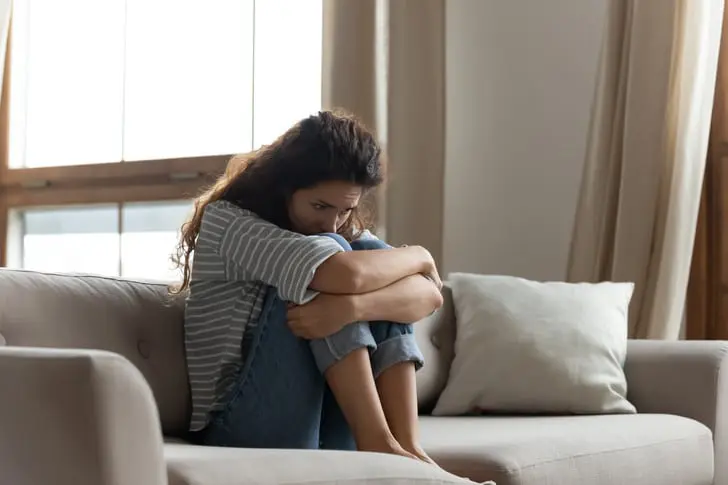Our closeness has the same negative effect on the immune response. But calmness and balance have a positive effect on the effect of vaccination.
American psychologists came to unexpected conclusions that some of our character traits seriously affect the immune response of the body. If you are calm, not nervous or upset over trifles, you have a stronger immune system. And vice versa.
“People who are emotionally stable have more control over their urges and are mostly unconscious,” said University of Pittsburgh psychologist Anna Marsland, co-author of the study. “They are better at coping with stress and minor disappointments. Neurotics, on the other hand, usually have negative thinking, which worsens their health.
These conclusions came after an experiment that was conducted with 84 healthy young people who received a hepatitis B vaccine. Its results were published in the scientific journal of the Association of American Psychologists. Five months after the first dose and a few days after the second, blood samples were taken from them to determine the titers of antibodies to hepatitis B. Then they artificially created stressful conditions. The participants of the experiment showed a decrease in the reproduction of T-cells after the negative influence.
“These results confirm the connection between negative emotions and objective indicators of health,” says Anna Marsland. – Neurotics may have reduced protective immune responses.
Another study looked at sociable and non-sociable people. Extroverts turned out to be the owners of strong immunity, as they were inclined to interact with a large number of people. Accordingly, they are prone to more infections. But most often they bypass extroverts. The same was shown by genetic analysis.
But introverts, on the contrary, showed a weak immune response during the diagnosis. This was confirmed by genetic tests and general health screening. In this study, the results of which were published in the journal Psychoneuroendocrinology, 121 people participated.
“People who, as we expected, were susceptible to more infections as a result of their socially oriented nature, seem to have an immune system that effectively copes with infection,” said one of the authors of the study, Professor Kavita Verdhara. “People with a cautious nature have a weaker immune system.
But so far we cannot answer what happened before: it is our biology that determines our psychology, or our psychology determines biology.







